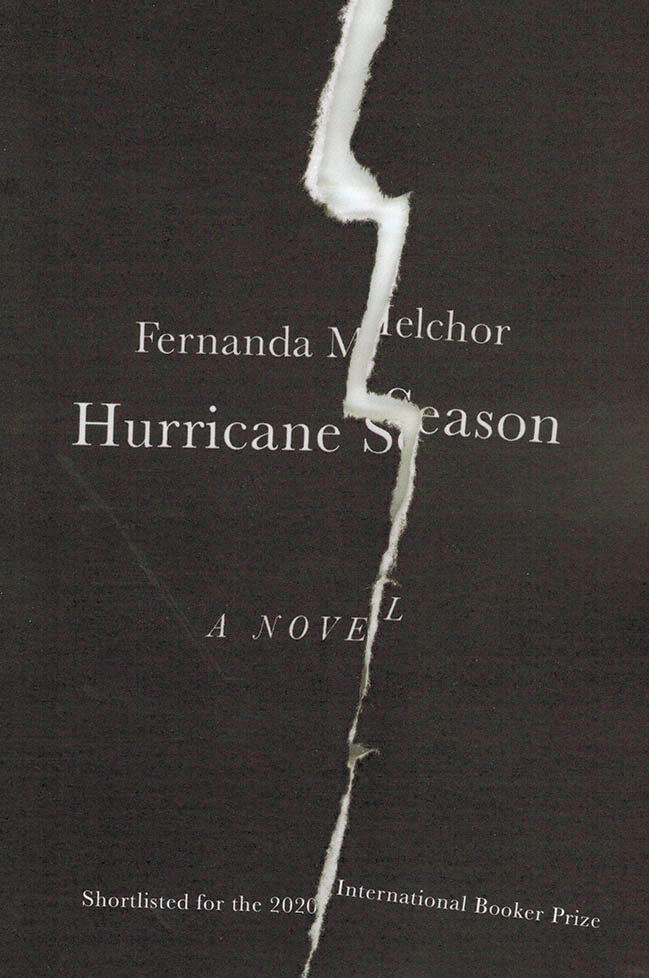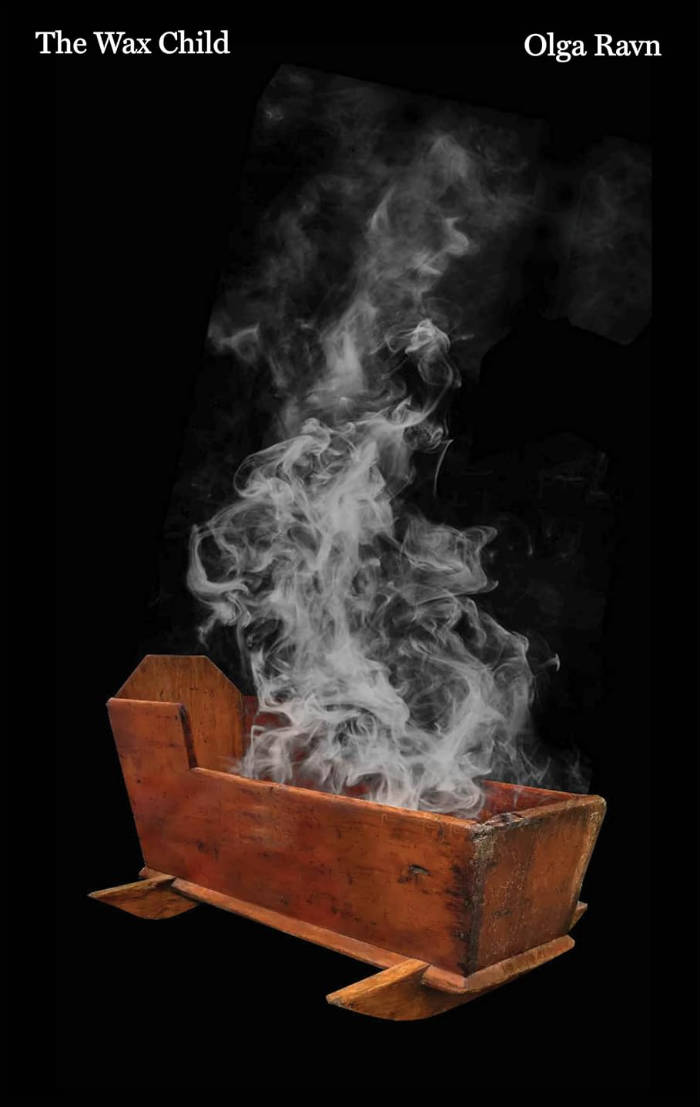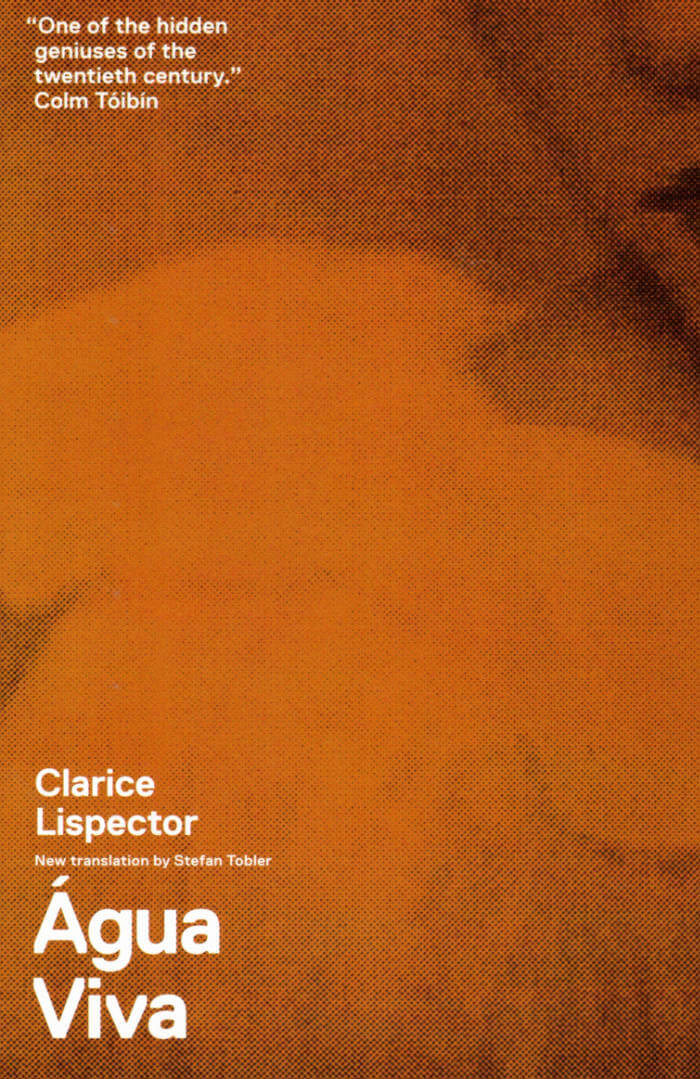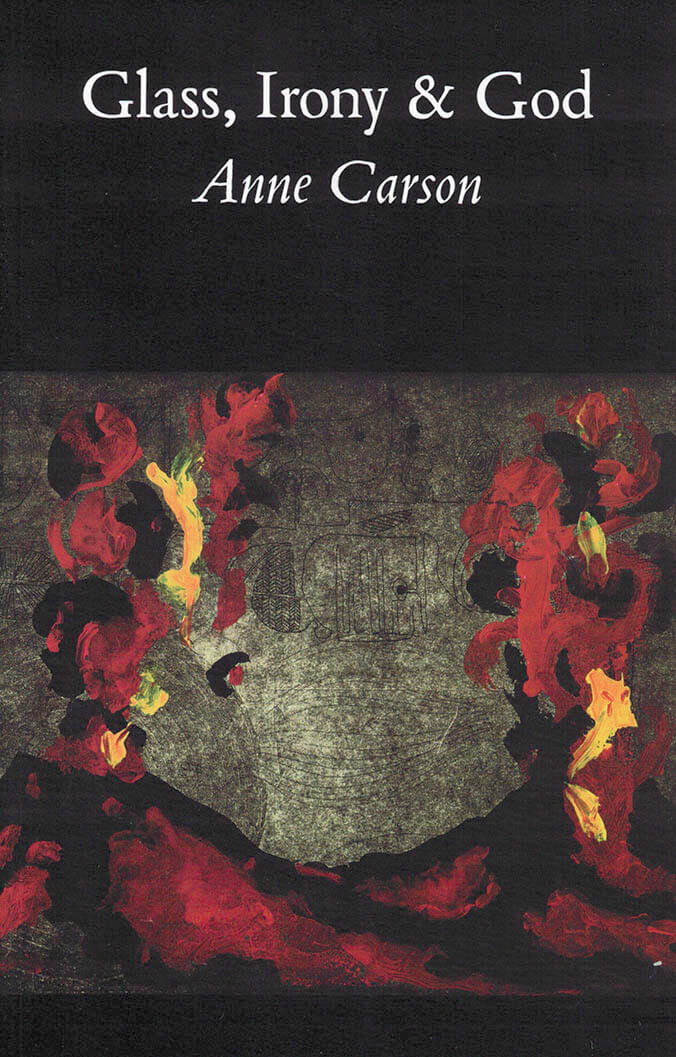
Hurricane Season
The Witch is dead. And the discovery of her corpse—by a group of children playing near the irrigation canals—propels the whole village into an investigation of how and why this murder occurred. Rumors and suspicions spread. As the novel unfolds in a dazzling linguistic torrent, with each unreliable narrator lingering details, new acts of depravity or brutality, Melchor extracts some tiny shred of humanity from these characters that most would write off as utterly irredeemable, forming a lasting portrait of a damned Mexican village.
Like Roberto Bolano's 2666 or Faulkner's novels, Hurricane Season takes place in a world saturated with mythology and violence—real violence, the kind that seeps into the soil, poisoning everything around: it's a world that becomes more and more terrifying the deeper you explore it.
Translated by Sophie Hughes.







